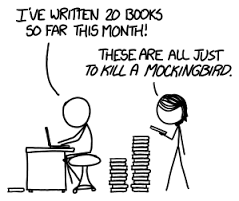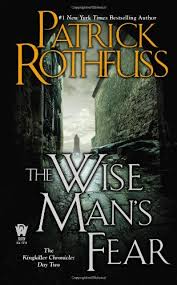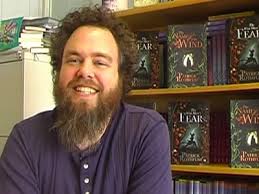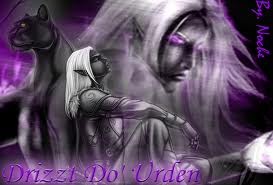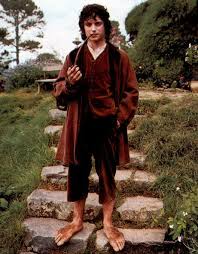Anyone who has written a trilogy knows it is considerably harder to finish the final book than to conclude a one-off novel. This is simply because one needs to tie up all loose ends from three novels. I have done this twice, at the end of the first Wycaan Master trilogy and then at the end of the second.
When my mother passed away last year and then when I visited my father earlier this month, I found myself with plenty of time on the plane and in the UK to write. This luxury is something I have never experienced as I usually weave my writing time around an intense job and a desire to be an active father and husband. On each trip I wrote almost 50,000 words in 14 days, much of it at the aptly named apartment where my Dad lives.

This month, as the plane wheels touched ground, I concluded a big scene that left me two-thirds of the way through the final Kingfisher novel, a medieval fantasy trilogy I have worked on since finishing the Wycaan Master series. What lay before me was the build up to a climactic ending that necessitates bringing multiple characters together from different parts of the land, enabling them to finish their subplots, and get to the scene of the climax.
And I had no idea how I was going to do this.
But I have faith in the process. Knowing I would not have concentrated writing time until the summer, I decided to put it on the back burner and return to editing and finding an agent for Book 1.
Then I drove from San Francisco to Portland (about 10 hours) through beautiful scenery of mountains, rivers, and forests, listening to soccer podcasts and enjoying Mrs. Elfwriter’s company.

Deep in an Oregon forest, she put on a playlist that included many symphonic rock songs I write to (Nightwish, Epica, Within Temptation, Tarja). Abruptly a musical track of bagpipes, The Gael by Dougie MacLean performed by Royal Scots Dragoon Guards, filled the car (one of Mrs. Elfwriter’s choices, I might add) and the entire final scene entered my mind with incredible clarity.
Now here’s the problem: we were driving on the Interstate 5, in the middle of nowhere with a 6pm deadline to be in Portland. How could I get this down on paper? I was literally squirming with excitement as I drove.
I couldn’t dictate to Mrs. Elfwriter, it would spoil the possibility that she might one day read the books. Whipping out my iPad while driving…well we won’t go there. I had once downloaded an app (Quick Voice?) but had no idea how to use it and this didn’t solve having said passenger.
What resolved the problem was one of Oregon’s wonderful rest stops, often situated in a forest or overlooking a vista. Best part (okay, 2nd best part since knowing the conclusion to your novel and trilogy tops everything) is that the final two hours of the drive passed unnoticed, fatigue totally forgotten.
 Have you ever had an experience where you have an intense creative experience at such an inopportune moment? Wanna share?
Have you ever had an experience where you have an intense creative experience at such an inopportune moment? Wanna share?
——————————————————————————————————
Alon Shalev is the author of the 2013 Eric Hoffer YA Book Award winner, At The Walls of Galbrieth, and five other Wycaan Master books all released by Tourmaline Books.
More at http://www.alonshalev.com and on Twitter (@elfwriter).







 3. Strict genre adherence
3. Strict genre adherence